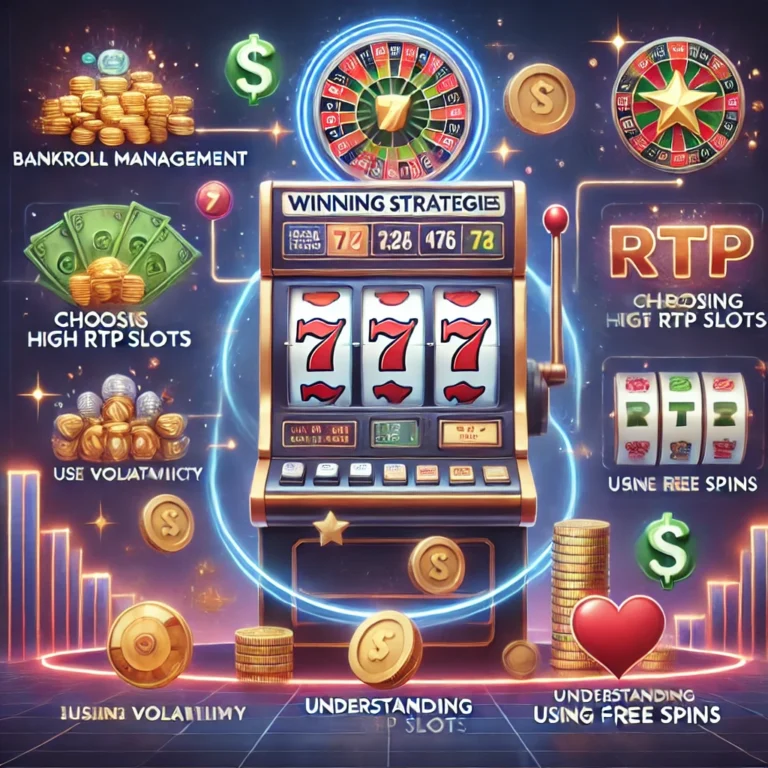
BREAKING: DSS Arrests Godwin Emefiele
In a significant development, the Department of State Services (DSS) has arrested Godwin Emefiele, the former Governor of the Central Bank of Nigeria (CBN). The arrest has sparked widespread reactions across the country, raising questions about the allegations against Emefiele and the broader implications for Nigeria’s political and financial sectors.

Details of the Arrest
According to a statement released by the DSS, Emefiele was taken into custody on charges that are yet to be fully disclosed. However, preliminary reports suggest the arrest is connected to allegations of:
- Mismanagement of Public Funds: Accusations surrounding his tenure at the Central Bank, including decisions related to monetary policies and foreign exchange management.
- Corruption and Abuse of Office: Claims of financial misconduct involving public resources.
- National Security Concerns: Allegations linking Emefiele to actions perceived as undermining Nigeria’s economic stability.
Background on Godwin Emefiele
Godwin Emefiele served as the CBN Governor from 2014 to 2023, overseeing critical financial policies during challenging periods such as the COVID-19 pandemic, oil price fluctuations, and Nigeria’s persistent currency issues.
Key Achievements:
- Implementation of the Anchor Borrowers’ Program to boost agricultural productivity.
- Introduction of e-Naira, Nigeria’s digital currency.
Controversies:
- Criticism over forex allocation policies and alleged favoritism.
- His controversial decision to seek the presidency while serving as CBN Governor.
Implications of the Arrest
1. Impact on Financial Institutions
Emefiele’s arrest is expected to send ripples through Nigeria’s financial sector, as stakeholders assess the potential fallout from the allegations. Confidence in the CBN’s governance and its recent policies may come under scrutiny.
2. Political Undercurrents
The arrest raises questions about its timing and political implications:
- Accountability or Vendetta? Critics argue whether the arrest is a legitimate pursuit of justice or politically motivated.
- Message to Public Officials: The arrest signals a potential crackdown on perceived impunity among Nigeria’s elites.
3. Public Reaction
The public’s response has been mixed, with some praising the DSS for pursuing accountability, while others caution against turning the case into a political witch hunt.
Reactions from Stakeholders
Government and DSS
The DSS has assured Nigerians that due process will be followed, emphasizing the importance of maintaining public trust in the judicial system.
Economic Experts
Financial analysts have called for transparency in handling the case, warning against actions that could destabilize investor confidence or the banking sector.
Civil Society and Activists
Some civil society organizations have urged caution, demanding evidence-backed investigations and adherence to rule of law principles.
What’s Next?
Godwin Emefiele’s arrest marks the beginning of what is likely to be a high-profile investigation. Key areas to watch include:
- Court Proceedings: Will charges be substantiated with credible evidence?
- Impact on the Economy: How will this affect policies implemented during Emefiele’s tenure?
- Political Repercussions: What does this mean for power dynamics within Nigeria’s political elite?
Conclusion
The arrest of Godwin Emefiele by the DSS is a watershed moment in Nigeria’s fight against corruption and abuse of office. As the investigation unfolds, its outcomes will have profound implications for governance, economic stability, and public trust in institutions.
This case represents an opportunity to reinforce accountability, provided it is handled with transparency, fairness, and adherence to the rule of law.
Read More About 3 Exciting Events in Yerevan




1 thought on “BREAKING: DSS Arrests Godwin Emefiele”